Child On Child Abuse
Child on child abuse is abuse that happens between children of a similar age or stage of development. It can happen between any number of children, and can affect any age group. It can be harmful to the children who display it as well as those who experience it.
Child on child abuse can be of an emotional, physical, financial or sexual nature. It can happen in and out of school. Wherever and to whoever this abuse occurs, the school can provide support, listen, and refer to other agencies if need be.
Spotting the Signs and Symptoms
- absence from school or disengagement from school activities
- physical injuries
- mental or emotional health issues
- becoming withdrawn – lack of self esteem
- lack of sleep
- alcohol or substance misuse
- changes in behaviour
- inappropriate behaviour for age
- abusive towards others
Vulnerable Groups
- Girls and young women are more likely to be victims and boys and young men more likely to be abusers
- Black and minority ethnic children are often under identified as victims and over-identified as perpetrators
- Young people with intra-familial abuse in their histories or those living with domestic abuse are more likely to be vulnerable
- Young people in care and those who have experienced loss of a parent, sibling or friend through bereavement
- Young people who have been abused or have abused their peers.
- Abusers can be younger than their victims.
What do we do at Queens’ to support victims of child on child sexual abuse and harassment?
We would like to reassure students and their parents/carers that we take all allegations of sexual harassment and abuse very seriously and have strict processes and measures in place to safeguard and protect young people in our care. We also work with our students to educate them on appropriate sexual behaviour and relationships through a range of workshops and lessons.
We would encourage young people and their parents/carers to report any incidents to us. Whether the incident is recent or historical, relates to another student or member of staff, we need to know so that we can investigate fully and ensure appropriate action is taken. Alternatively, they can also get support and advice from the dedicated NSPCC helpline on 0800 136663.

